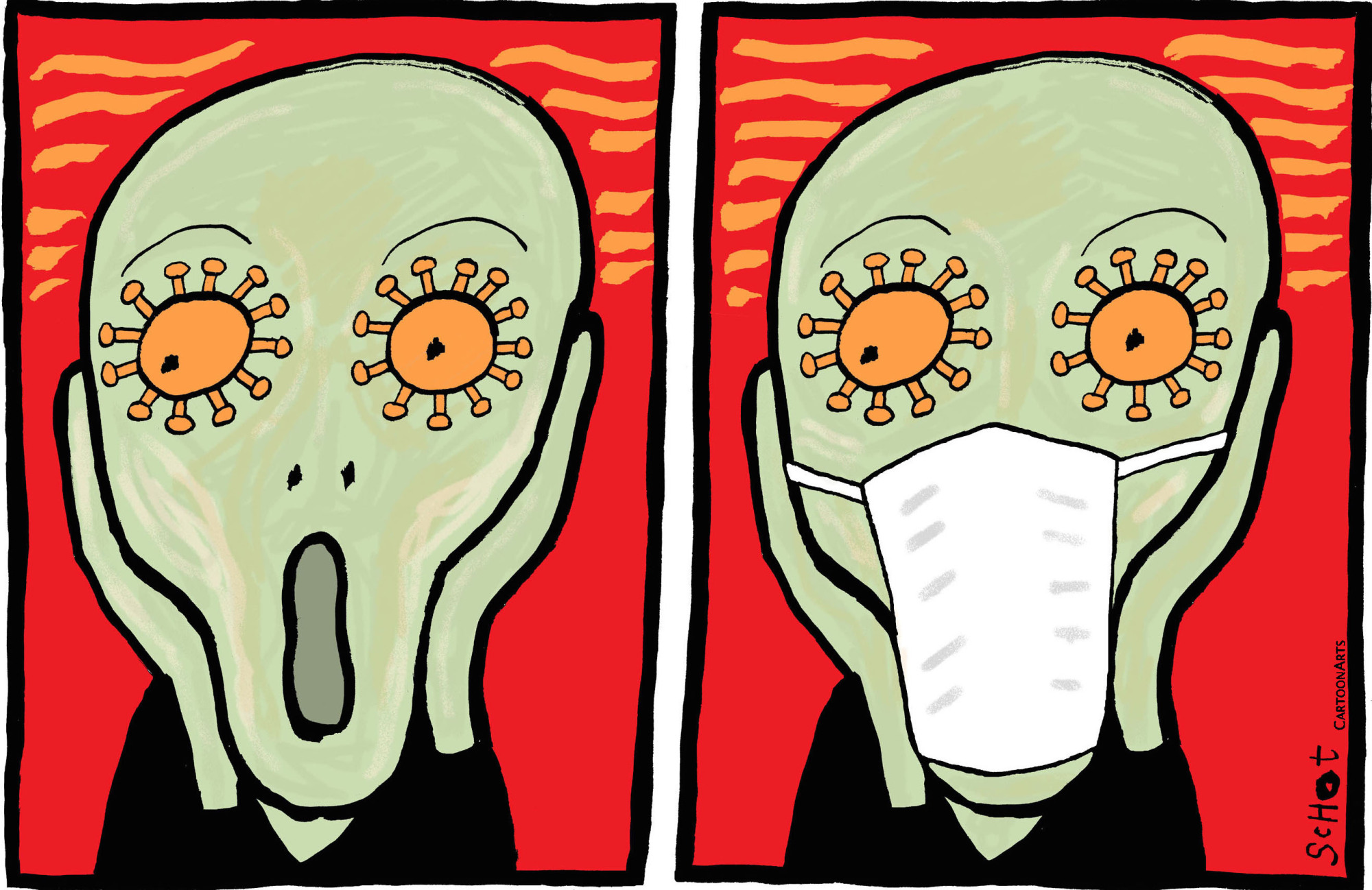In late January, the Chinese government responded to the outbreak of a new coronavirus with one of the world's oldest medical procedures: quarantine. By February, more than 760 million people faced a residential lockdown of some sort. Those unlucky enough to be infected might very well be isolated at an involuntary quarantine center. The good news is that these measures slowed the spread of the virus, giving the rest of China — and the world — valuable time to prepare for a likely pandemic.
The bad news is that quarantine and isolation are usually accompanied by unwelcome side effects, including depression, anxiety and post-traumatic stress. The medical professionals treating patients and managing quarantines often face mental health burdens of their own. For China, containing and treating the virus must come first. But to successfully recover, mental health care must be a part of the response. Long-term psychological effects could be among the outbreak's most durable legacies, with consequences for the next epidemic.
Mental health is not a subject that Chinese and their government are accustomed to discussing. Sufferers and their families are often stigmatized, with negative consequences for their social and working lives. Like most developing countries, the Chinese government has historically devoted most of its health care budget (including medical education) to meeting primary-care needs.



